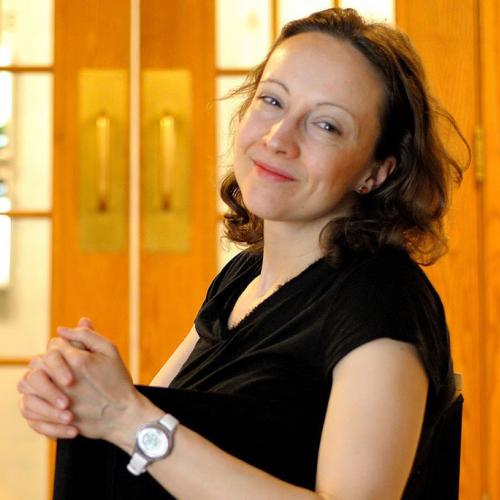Assistant Professor Jana Diesner will moderate a panel on Natural Language Processing (NLP) at the Big Data Summit on November 10 in Champaign. The annual summit brings together experts from the University of Illinois Research Park, industry, and academia to share knowledge about big data and its business applications through panel discussions, keynote presentations, and networking opportunities.
Speakers for the NLP panel will include Peter Ghavami from CEB, a global best practice insights and technology company; Allen Murvine from IMO, which provides services for the capture and management of clinical information; TJ Tang from AbbVie, a pharmaceutical research and development company; and Dan Shalmon from the Cline Center for Democracy. The panel will address the following:
In the field of NLP, people develop and test theories, algorithms, methods and technologies for making sense of unstructured and semi-structured text data. Common application areas include the retrieval and extraction of information, question answering, opinion mining, social listening, the semantic web, the summarization of large text collections, and machine translation. Typical data sources comprise user-generated content such as social media data, professionally generated content such as news articles, and archival data such as letters and historical records. In this panel, we discuss a) current challenges of using and advancing NLP for commercial and research purposes, and b) which of these challenges should be put on the research agenda for private public partnerships.
Diesner joined the iSchool faculty in 2012, was a 2015-2016 faculty fellow in the National Center for Supercomputing Applications (NCSA) at Illinois, and is a 2016 Dori J. Maynard Senior Fellow. She earned her PhD from the Computation, Organizations and Society Program at Carnegie Mellon University’s School of Computer Science. Her research in social computing combines theories and methods from natural language processing, social network analysis, and machine learning. In her lab, she works to develop and advance computational solutions that help people measure and understand the interplay of information and sociotechnical networks, bringing solutions into various applications context, e.g., in the domain of impact assessment.
